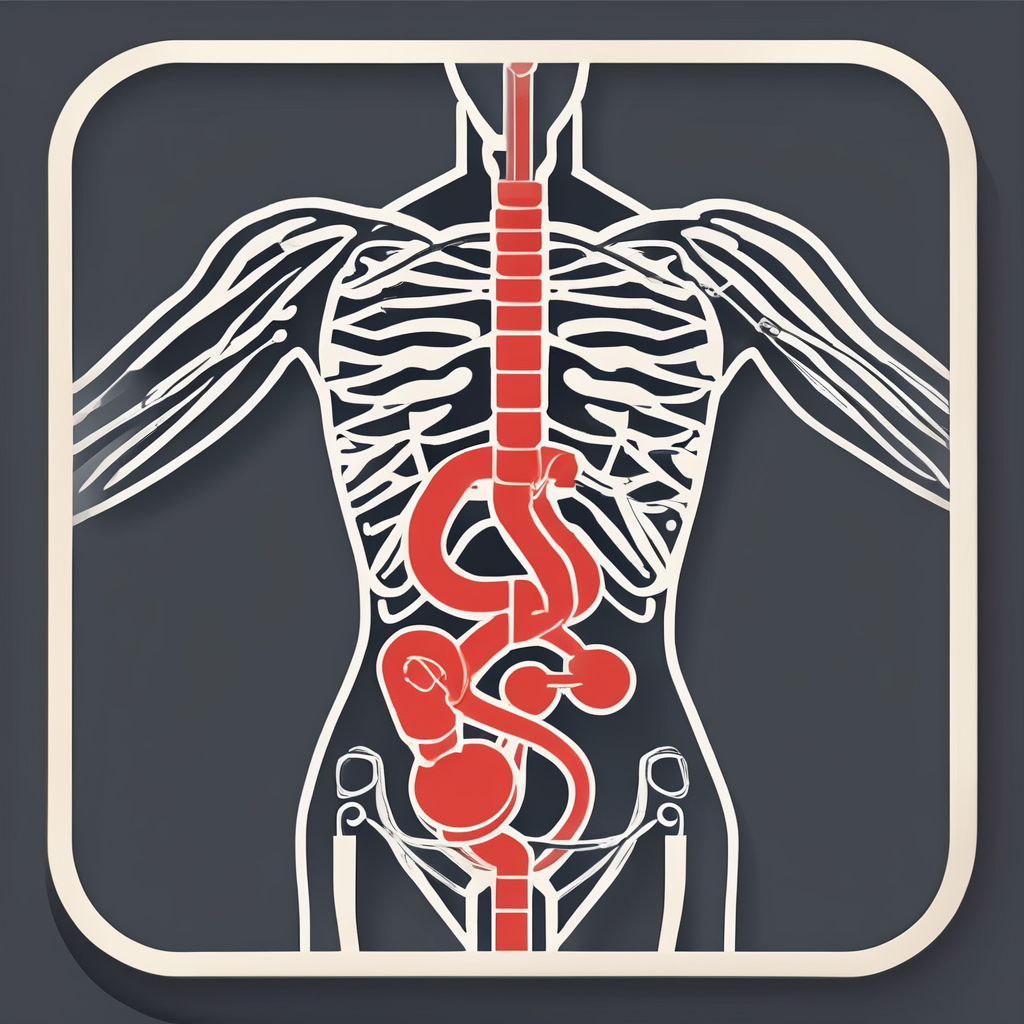Advanced Asthma Management Techniques
In recent years, innovative asthma treatments have revolutionized the approach to managing asthma, particularly adult-onset cases. These advanced management techniques leverage the latest medical advancements, offering hope and improved quality of life for patients.
One such cutting-edge option is biologic therapy, which targets specific pathways involved in asthma inflammation. This approach is especially beneficial for individuals with severe asthma unresponsive to traditional medications. Biologics have shown significant success in reducing flare-ups and enhancing lung function.
Also to see : What are the latest guidelines for UK health professionals on administering vaccines in diverse populations?
Additionally, UK allergist practices are at the forefront of implementing advanced management techniques. They emphasize the importance of personalized care in asthma management. By tailoring treatment plans to individual patient needs, allergists can achieve better outcomes and patient satisfaction. This personalisation extends to the use of digital health technologies, such as apps that track symptoms and medication usage, providing real-time data to both patients and clinicians.
Case studies highlight the effectiveness of these advanced strategies. Patients report fewer hospital visits and an overall improvement in daily activities. The insights from leading allergists in the UK suggest that embracing these evolving practices can lead to a more proactive and comprehensive management of asthma.
Topic to read : How can UK health professionals improve communication with patients who have language barriers?
Latest Research and Innovations
The rapidly evolving landscape of asthma research developments is contributing to better management strategies. With exciting new innovative therapies and UK medical studies making significant strides, there is hope for improved patient outcomes.
Breakthrough Medications
Recent advancements have introduced breakthrough medications that target asthma’s underlying causes more effectively. These medications focus on reducing inflammation and improving lung function. Instead of relying solely on traditional inhalers, researchers are exploring biologics that specifically target immune system pathways. This promises a tailored approach, greatly beneficial for patients with severe asthma.
Novel Therapies and Techniques
Innovative therapies are in the spotlight, with techniques like bronchial thermoplasty gaining traction. This method reduces airway smooth muscle and lessens asthma attacks’ severity. Additionally, gene-based interventions are being explored to offer personalised treatments. Techniques focusing on microbiome modulation are also showing potential in altering disease progression.
Ongoing Clinical Trials
Numerous UK medical studies are pivotal in advancing asthma knowledge. They provide a fertile ground for ongoing clinical trials assessing new treatment modalities. These trials evaluate the safety and effectiveness of novel therapies, ensuring that future treatments are evidence-based and patient-focused. They contribute immensely to global asthma management strategies, fostering a deeper understanding and new hope for those affected.
Technology in Asthma Management
Incorporating asthma management technology into daily life can significantly improve how individuals handle their condition. One standout tool is the development of mobile applications designed to monitor asthma symptoms effectively. These apps allow users to track potential triggers and symptom variations, ensuring a proactive approach to asthma management.
Digital health solutions further extend this capability by providing platforms that integrate data from various sources, including wearable devices. Wearable technology contributes to this ecosystem by continuously monitoring lung function, informing users of subtle changes and potential risks before an asthma episode occurs. This real-time data empowers patients and healthcare providers to make informed decisions swiftly.
Telemedicine for asthma offers remarkable benefits by facilitating remote consultations. It’s a pivotal advancement that allows prompt communication with healthcare professionals, irrespective of geographical barriers. Patients can receive medical advice, adjustments to their treatment plans, and follow-ups without the need for in-person visits, which is vital for those in remote areas or with mobility challenges.
These technologies collectively provide comprehensive support, enhance adherence to management plans, and ensure timely medical interventions, making asthma management more efficient and accessible for all.
Alternative Therapies and Lifestyle Adjustments
Exploring alternative asthma treatments can open new avenues for managing this chronic condition effectively. Many patients have found relief through holistic approaches that include a blend of complementary therapies. For instance, acupuncture and herbal medicine have been noted to reduce the frequency of asthma attacks and offer a holistic approach to health management.
Incorporating lifestyle modifications for asthma is another crucial component for those looking to mitigate symptoms. Diet plays a pivotal role; certain foods are known to trigger asthma, while others, rich in omega-3 fatty acids, may help in reducing airway inflammation. Similarly, exercise is essential but must be approached cautiously. Activities that enhance lung capacity, such as swimming, can be beneficial, yet patients should be mindful of asthma triggers in environments like swimming pools.
Patient testimonials often highlight the transformative impact of these alternatives. Many express that integrating these methods into their routine not only helped reduce reliance on medication but also improved their overall quality of life. By considering both conventional and alternative methods, individuals with asthma can craft a tailored approach to better health.
Patient Experiences and Testimonials
Exploring patient insights is crucial for understanding the real-world impact of asthma management in the UK. Various patient stories shed light on the everyday challenges and successes that individuals experience in handling their condition.
Real-Life Case Studies
Many UK patient stories highlight diverse asthma management experiences. For instance, some have found success by incorporating daily breathing exercises, significantly reducing their reliance on medication. Others detail challenges like identifying correct triggers or finding the right healthcare support.
Challenges and Successes
Among the obstacles that patients encounter, adjusting to lifestyle changes is commonly mentioned. Dealing with environmental triggers and adhering to medication schedules can be demanding. Nevertheless, adopting a routine and receiving consistent medical advice have been pivotal in managing these challenges.
Impact of New Strategies
From a broader perspective, the adoption of new strategies has shown promising results. Personalized action plans have empowered patients, allowing them to take control of their asthma management experiences. Tracking progress through mobile apps has also become increasingly popular, offering users real-time feedback and support.











